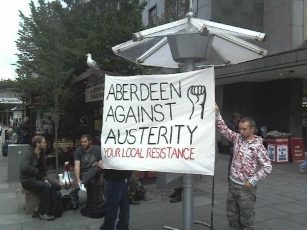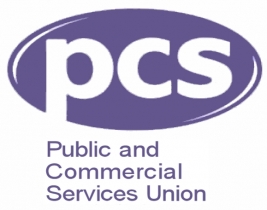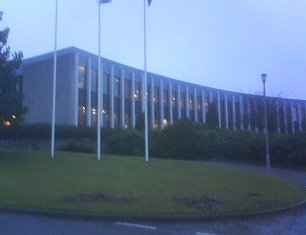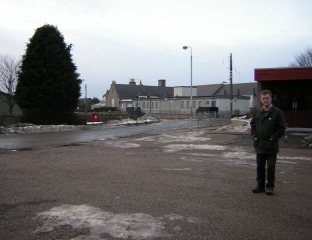In a week where the media have been vilifying public sector workers taking strike action to protest at government cuts and pension changes, little coverage has been given to alternative proposals for dealing with the UK’s economic deficit. Patrick V Neville gives his views.
On June 30 we visited two picket lines and attended a meeting of the Public and Commercial Services Union (PCS) to understand their feelings on cuts in public services and to show support for the workers who, against the wishes of the government, organised strike action.
Needless to say, PCS members we spoke to felt unhappy about our nation’s financial situation.
If the full cuts proposed are implemented, one in every five public service jobs would be lost, adding further to the UK’s unemployment rate. Not only could there be fewer jobs, but those who will still have a job available to them face cuts to their pension schemes.
Each worker in government pension schemes could see their contributions doubled or even tripled. To the best of my knowledge, this extra money contributed will initially end up in government funds – but with rising poverty, corporate tax avoidance and evasion and rising prices of consumer goods, will there even be money available for pensions in a few years time? If so, will the cost of living become too expensive for the average person to survive?
Investment in jobs and public services must be in place if we desire a future free from poverty and we could avoid the majority of public services cuts if we take the right course of action.
Corporate tax loopholes are estimated to be costing the tax payer £25 billion a year.
Since moving its headquarters to Switzerland, Boots has reduced its annual tax bill from £100m to £14m, a saving enough to employ 4000 NHS nurses.
http://www.guardian.co.uk/world/2010/dec/11/boots-switzerland-uk
Rather than closing tax loopholes, we are making cuts in the public sector.
Billionaire Sir Philip Green is to advise the government on how best to plan for the cuts, rewarding himself hugely in doing so. Sir Philip is the owner of the Arcadia retail group which includes Topshop, Topman, Burton, BHS, Dorothy Perkins and Miss Selfridge. The company is registered in the name of Sir Philip’s wife Tina, who resides in Monaco and therefore pays no UK income tax. This arrangement has allowed the Greens to save around £300m in UK taxes.
http://www.guardian.co.uk/commentisfree/2010/dec/03/topshop-philip-green-tax-avoidance-protest
Tax evasion and avoidance aside, who have we bailed out?
The Royal Bank of Scotland was rescued with £45 billion of public money. This represents over half of the £81 billion planned in cuts over the next four years. Rather than being allowed to stay open, the bank should have come to terms with closure.
Public spending cuts are more damaging, and minimising them and their effect is more important than encouraging risk-taking bankers to carry on trading.
UK Uncut has leafleted members of the public near the premises of targeted retailers to inform them of tax avoiding measures taken by these retailers.
http://www.ukuncut.org.uk/
I would encourage anyone wishing to preserve a future free from poverty to choose where they shop carefully, to write to politicians and businessmen, to contact journalists to demand coverage of tax avoidance and evasion and simply to consider bringing up these issues with friends and relatives.




